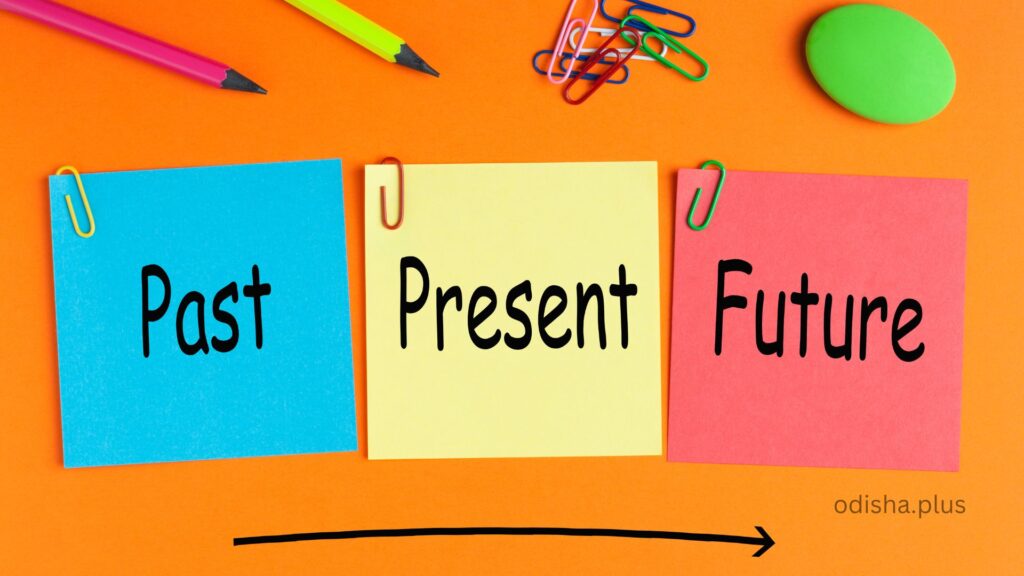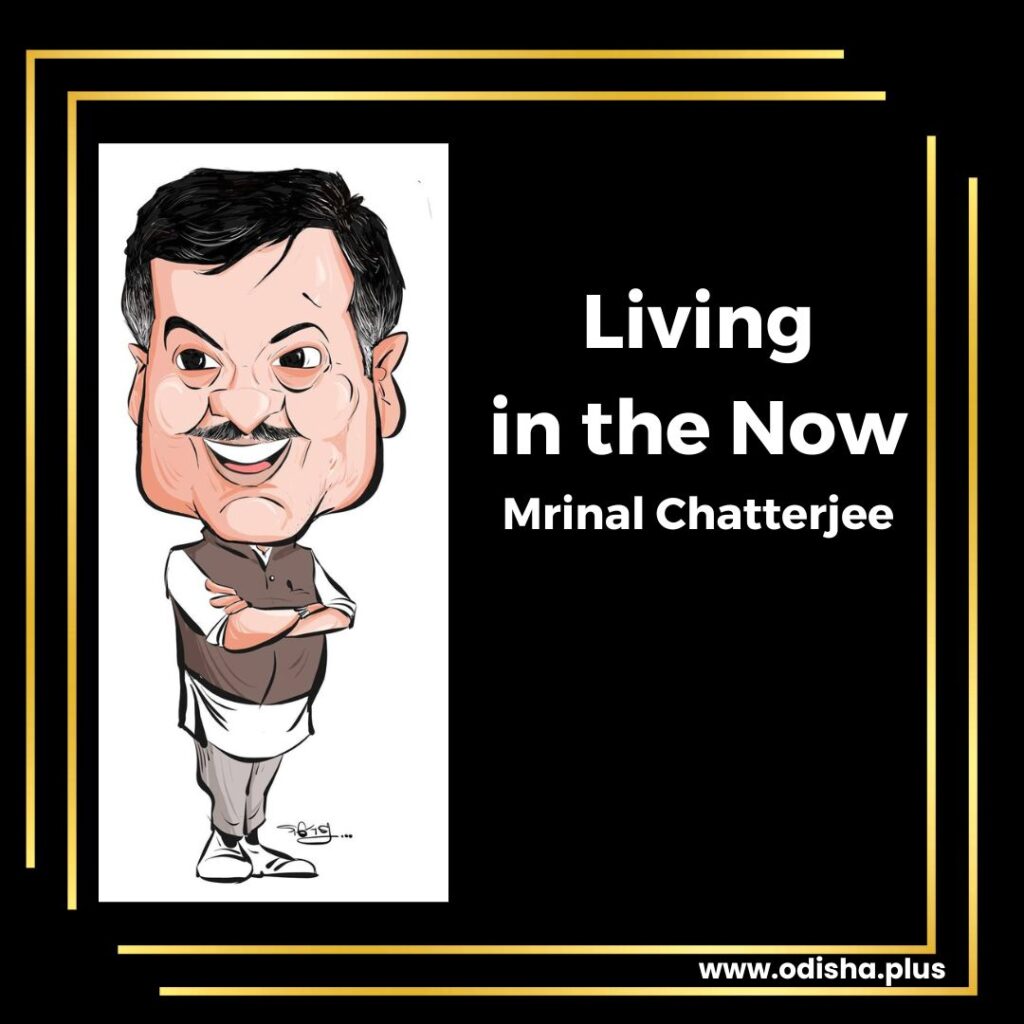Prof Mrinal Chatterjee

In 2024 I’ll be 63 and Independent India will celebrate its 77th year. I was ruminating over this, suddenly a realization dawned. It’s the ‘aha’ moment that poets, thinkers, innovators and lunatics cherish. My God I was born in a country, which got independence just thirteen years prior to my birth. Only 13.

In 1961 when I was born and in 1976 when I completed my Matriculation, 1947 seemed so distant past. But now it does not seem so distant a past.
I realized as we grow old, the past comes nearer. It’s like something written on the rear view mirror of a car: the object that you see may be nearer to you. So the past which seemed very distant at some time comes closer and that is probably why we get more connected to the past as we grow old. Past becomes dearer. Past becomes what we want to hold on to.
However, as we grow old we also look at the future: what the future will be like, what the future will hold for us. Somehow the present does not really matter. What concerns us is the future.
So we are in a state between past and future in which we tend to forget where we are presently positioned. We look at the future with hope and also with some kind of trepidation and anxiety, and in the present situation probably fear. The seemingly never ending pandemic scared us. The natural calamities- flood, cyclone, land-slide, scare us. The ways families are disintegrating scare us. The way the world is moving towards hyper nationalism scares us. We are scared all the time. And probably that is why we pin all our hopes on the future and believe and assure ourselves that the future is full of sunshine.
And that brings us to another very interesting aspect. Modernity was defined by the supremacy of reason over faith. However, we see as the technology grows at a rocket speed, many of us have turned to blind faith. In fact in many cases, technology is being used to propagate faith. That is one big paradox of modernity of present times.
As 2024 arrives I am thinking of the past, the future, sitting at the present.
(The author is Regional Director Indian Institute of Mass Communication, IIMC Dhenkanal. Views are personal)






















